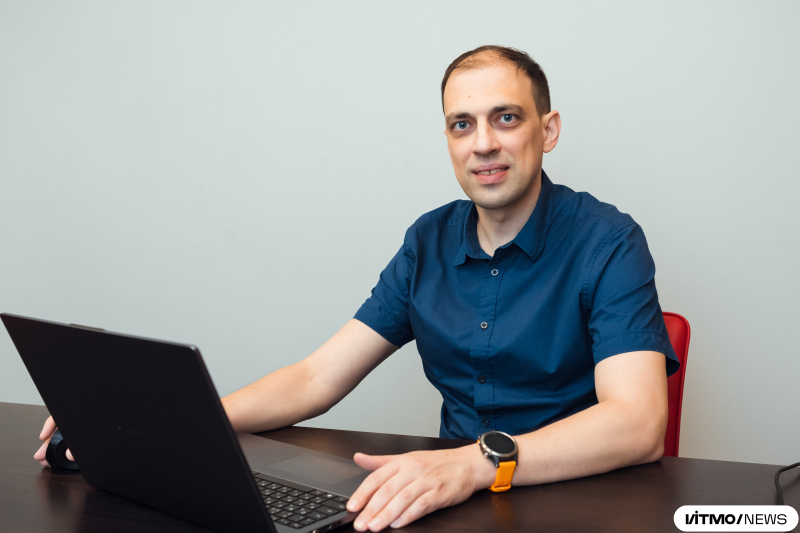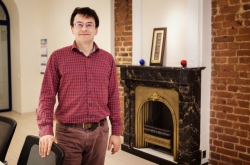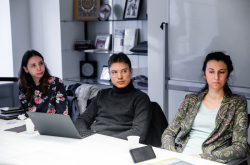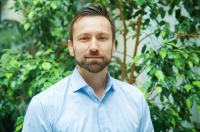Could you please tell us more about your research?
I focus on the theory of simple atoms and molecules. I do high-rate precision experiments in which we evaluate varied parameters of such systems, particularly their spectrums. My colleague Andrey Volotka and I are calculating these values using quantum electrodynamics. We frequently discover fascinating results by contrasting theoretical predictions with actual results. This way, we can determine fundamental constants and parameters of nucleuses or discover phenomena within well-established models – or even a new branch of physics.
This is a fundamental field, and so it’s hard to predict its future. Perhaps, our findings will pave the way for future computer devices. This is what occurs with all breakthroughs: they become useful tools that we use every day. There was a time when electricity, magnetism, radio waves, and radiation were of interest only to physicists.
Why did you decide to become a scientist?
I’ve been interested in physics since I was a kid; it was my favorite subject at school. Therefore, I enrolled in the Faculty of Physics of St. Petersburg State University, where I joined Vladimir Shabaev’s group and began studying quantum electrodynamics of multicharged ions. When I graduated, I traveled to Europe frequently yet continued to work at my alma mater. I’ve recently joined ITMO as a fellow. I’m a theorist to the core. So, I can’t imagine myself as an experimenter. They think and work differently. It’s a whole new world to me.
Why ITMO University? How do you like it here?
My friend Andrey Volotka told me about ITMO Fellowship. We were classmates, but then he went to Germany. In 2020, he came back and began working as a fellow at ITMO’s Faculty of Physics. In 2022, I started to think about making changes in my career. I considered moving to Europe but, after weighing all the pros and cons, I realized that ITMO Fellowship was the best option for me.
I like how transparent our workspace is. We all know what each of us is working on; we communicate a lot and find common ground in our projects. On the one hand, we have strict working rules, yet there is freedom, too. Here, I achieve my aspirations and reach my full potential. I started giving popular science talks, organizing seminars, and creating projects for school and university students.
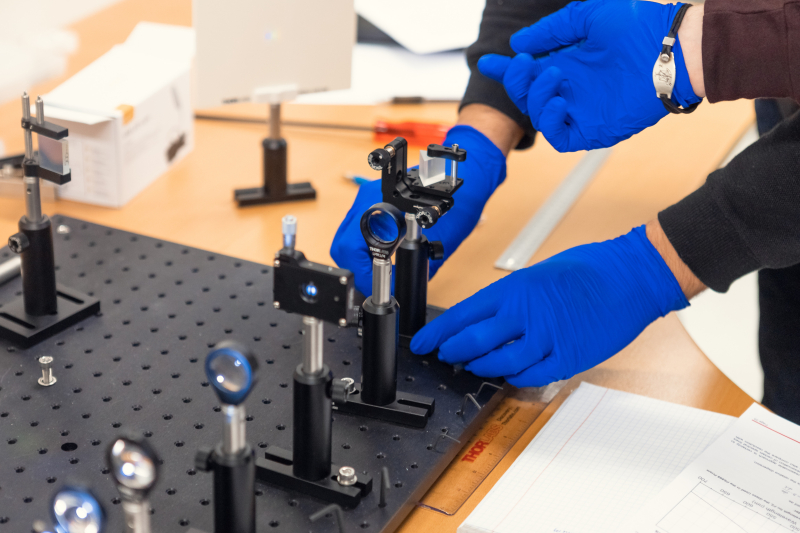
ITMO’s Faculty of Physics. Photo by Dmitry Grigoryev / ITMO.NEWS
What are you working on at ITMO?
My research focuses on relativistic quantum electrodynamics (QED) effects for atoms and molecules in external fields, and it entails completing several tasks related to the features of these systems. We're looking at micro-objects like atoms and molecules, which are often described by quantum mechanics or, more specifically, the quantum theory of fields. The latter is about 100 years old, yet it's still unknown how effectively it works. The majority of our problems may arise from the incompleteness of our model. Hence, our goal is to figure out how to improve and broaden our model, potentially explaining many mysteries like dark matter and dark energy.
This issue can be solved through high-precision tests that will be sensitive to previously unknown interactions. The mission of theorists here is to create an experiment that will reveal these interactions, while also computing all of the system's essential attributes. To put it simply, we need to devise experiments that would allow us to calculate the system both with or without dark matter in order to distinguish between the two. To do this, we use specialized software that allows us to do complex computations. But first, we need to define a problem, develop formulas, solve issues analytically, and only then create a program to calculate it. We share our findings with experimenters so that they can plan the measurement and then interpret its result.
Read also:
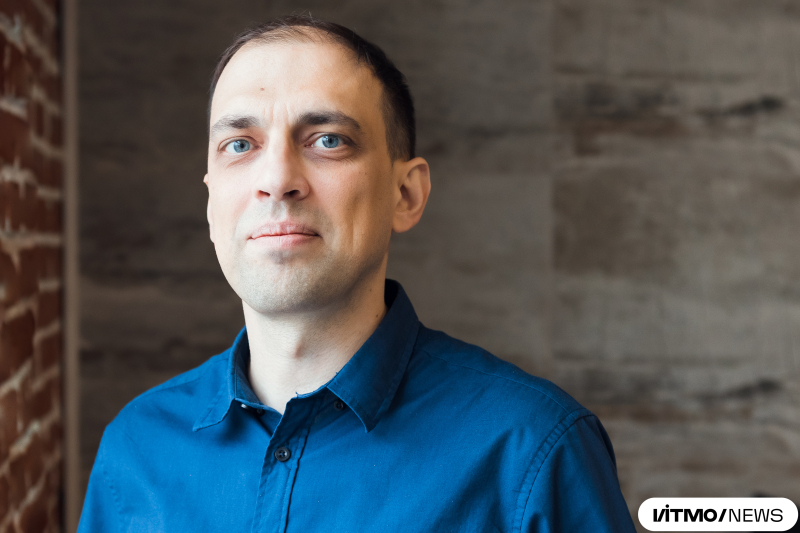
Dmitry Glazov. Photo by Dmitry Grigoryev / ITMO.NEWS
Where do you think your findings may come in handy?
We’re looking for any kind of phenomena outside the standard model, including dark matter. More specifically, we determine the parameters of nucleuses, magnetic moments, radiuses, and other properties that can have multiple applications. There’s one exciting project that quantum physicists are working on – and that’s the nuclear clock. Everyone knows about ultra-precise atomic clocks (devices that measure time using the frequency of an electronic transition in the shell of an atom – Ed.). Nevertheless, these clocks could be 100 times more accurate if built on nuclear states. But to do this, researchers need to find a suitable transition that can be excited by an optical laser and measure the parameters of the nucleus with high accuracy. This requires theory, as well.
Why do we need nuclear clocks? First of all, due to their properties, they can fill us in on fundamental interactions and help us discover elements of new fields of physics. Secondly, today’s satellite navigation systems are operating with the help of atomic clocks. Does it ever bother you how, when your phone identifies your location, it places a circle over the entire neighborhood? Imagine if instead, it could do that with an accuracy of up to 10 cm? Apart from that, there are many other ways nuclear clocks could be helpful: for instance, when synchronizing data streams on the internet.
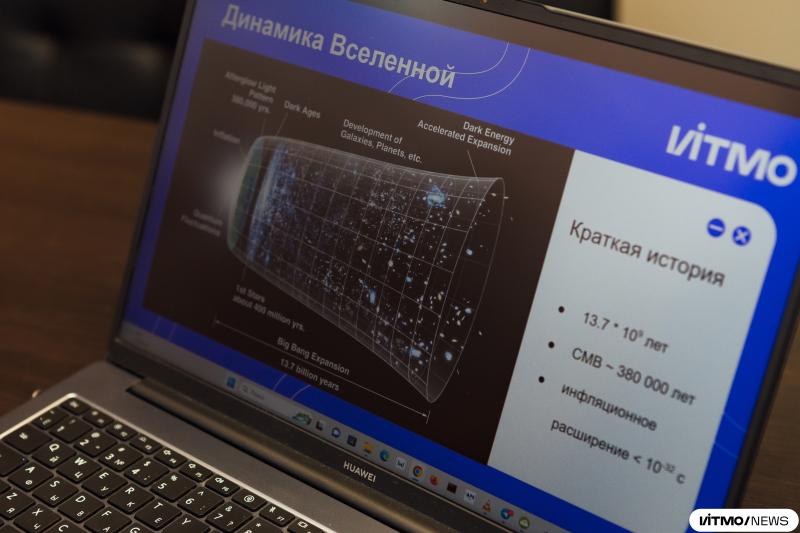
Photo by Dmitry Grigoryev / ITMO.NEWS
What do you want to achieve?
It’s hard to name an end goal because science is an ongoing process: we constantly receive results, publish papers, and launch new projects. That’s why I want to focus on the field I’d like to further develop, rather than a goal to achieve. I want to develop theoretical and atomic physics at the faculty, attract specialists, and, of course, interest students in this field.
I’m also into astrophysics, and recently I began to study it seriously. This isn’t yet something ITMO pursues, but I dream of changing that. I see that students are curious about space research and they would study it.
What do you do in your free time?
My current interest in astrophysics brought me to YouTube; more specifically, I have started writing scripts for a pop-sci channel. I’m a fan of music. I listen to everything from classical to synth-pop, from country to hard rock. I make playlists for our faculty’s weekly newspaper New Physics Times. I also play tennis, including table tennis, and enjoy cycling.
